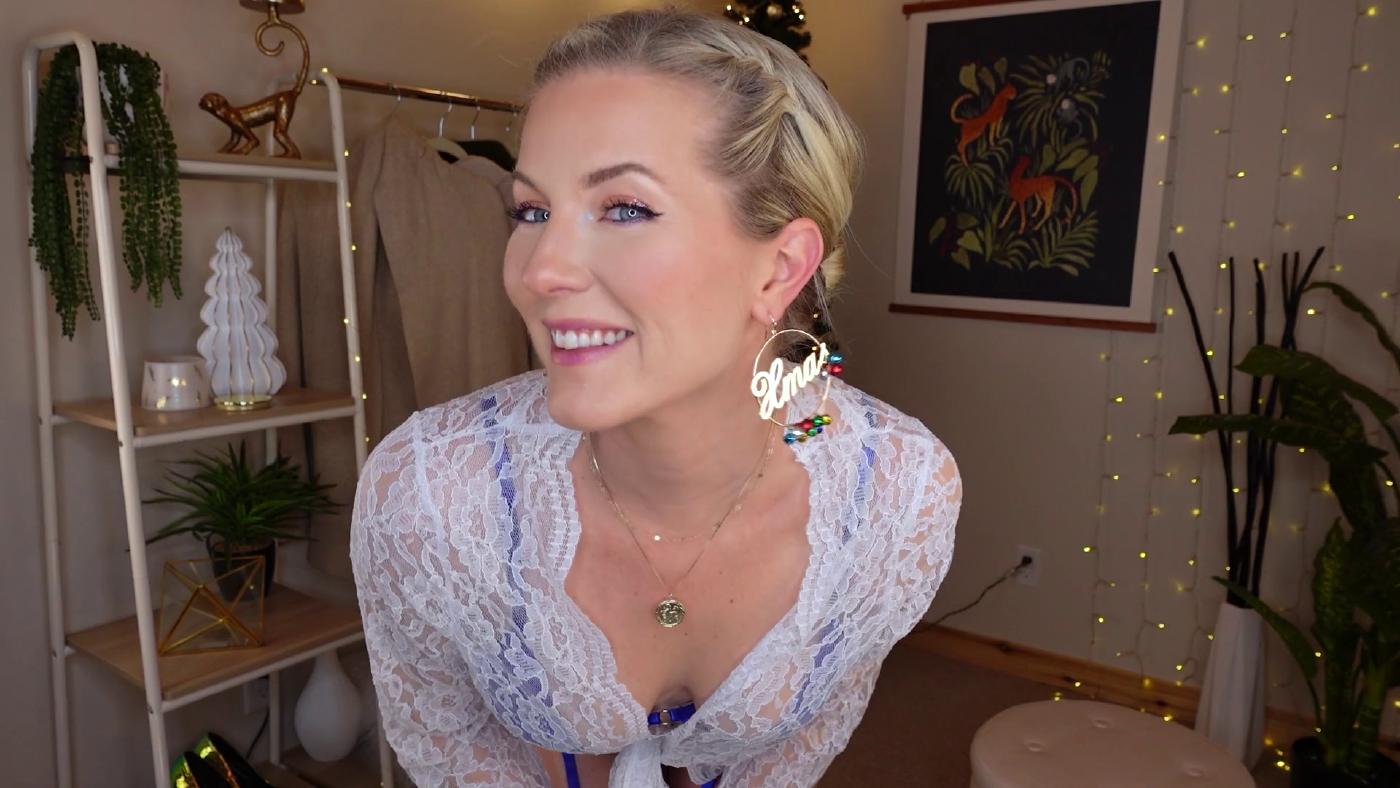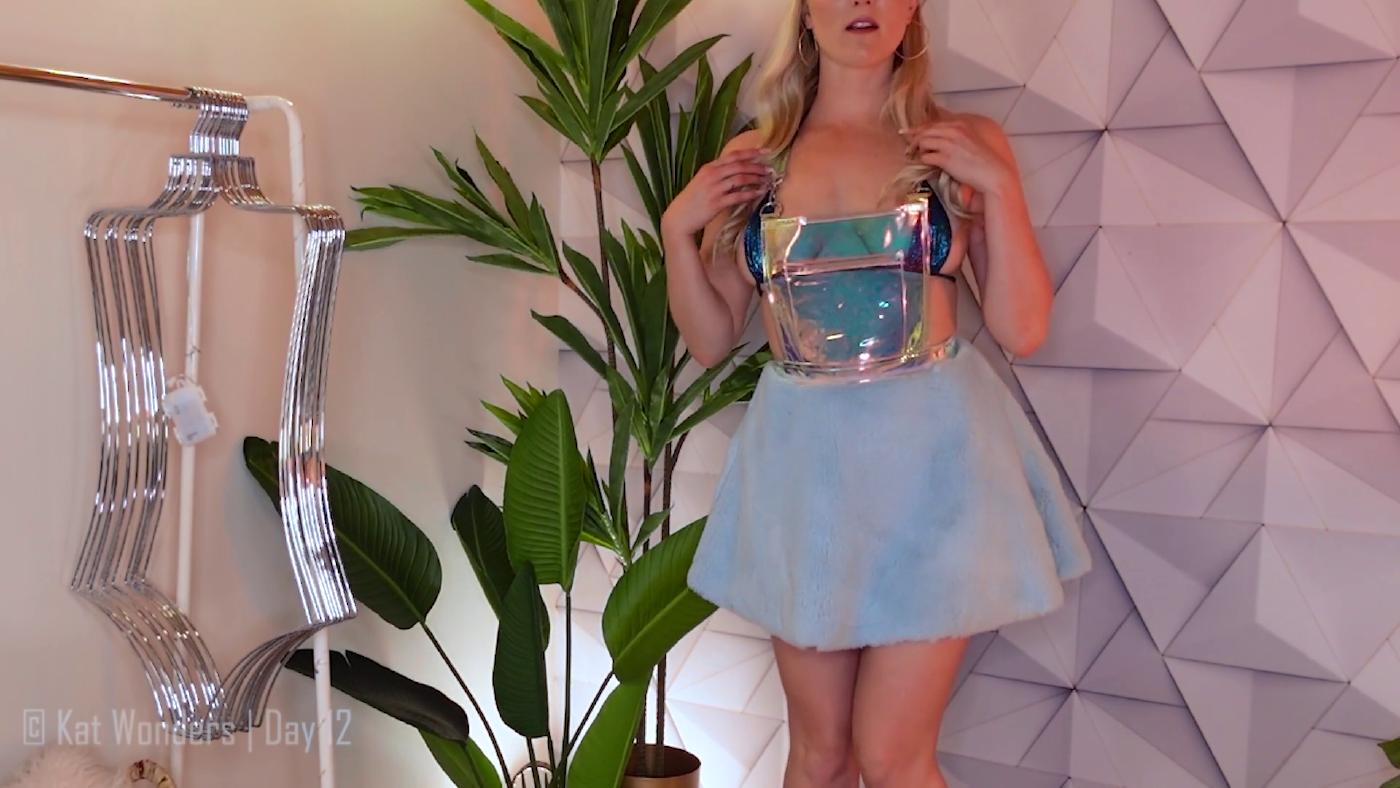Is the digital frontier breeding ground for a new kind of notoriety, where fame is fueled by scandal and influence is measured in viral outrage? The rise of the "Influencers Gone Wild" phenomenon suggests a resounding "yes," and it's reshaping the very landscape of online celebrity.
The digital world, once a realm of carefully curated images and polished personas, is now witnessing a surge of unfiltered content, a consequence of the relentless pursuit of attention. Websites like "Influencers Gone Wild" have emerged as platforms, aggregating and disseminating the more controversial aspects of this trend. These spaces function as digital archives, where videos, photos, and posts documenting incidents that challenge ethical boundaries and, at times, even tread into the realm of the illegal, are readily available for consumption.
The very nature of influencer marketing, built on the premise of influencing and encouraging a specific audience, is being challenged. The rise of platforms and content featuring "influencers gone wild" raises serious questions. What impact does the creation of sexual content or websites dedicated to sharing such material have on influencers and the industry of influencer marketing as a whole? The answer is multifaceted, complex, and often unsettling. This is where the influencers are caught "in the act in the wild," and the world watches.
What exactly does "Influencers Gone Wild" signify? It's more than just a catchy phrase; it's a reflection of a new era of digital transgression. It's a phenomenon where social media personalities engage in provocative, controversial, or high-risk behavior with the explicit goal of gaining attention and amplifying their popularity. These acts can encompass a broad spectrum, from staged stunts and attention-grabbing displays to the dissemination of offensive material, all designed to ignite controversy and generate engagement. The consequences, however, are far-reaching, impacting the individuals involved, their followers, and the brands they represent.
The motivations behind this surge in extreme behavior are complex. Influencers often face immense pressure to maintain relevance, to consistently produce content that captures the ever-fickle attention of their audience. The algorithm, the ever-present gatekeeper of social media visibility, favors content that provokes strong reactions. Shock value, therefore, becomes a currency, and the boundaries of acceptable conduct are constantly being tested and redefined. Content creators, feeling pressured to keep their followers engaged and, therefore, their income streams flowing, may feel that sensationalism is the only route to success.
It's a world where the quest for views and likes can overshadow ethical considerations, where the thirst for fame trumps the responsibility that comes with influence. The platform's existence reveals a darker side of social media fame, where the pursuit of viral fame can have serious repercussions. This phenomenon exposes the potential dangers inherent in an influencer culture that prioritizes sensationalism and shock value over truth and responsibility.
This is not just about individual influencers; it's about the wider cultural landscape. As influencers gain fame, they hold significant responsibility in shaping societal values, consumer trends, and cultural conversations. Their actions, whether deliberate or accidental, carry weight. The rise of platforms like "Influencers Gone Wild" brings into stark relief the ethical implications and potential risks associated with this kind of influence. Brands are increasingly wary of being associated with scandals, which can damage their reputation and impact their bottom line. The dynamic nature of "influencers gone wild" provides endless opportunities for engagement, it also presents a complex web of challenges and risks for brands partnering with these influencers.
The influence of these digital personalities, particularly those who embrace the "gone wild" label, is starting to shape what the world considers right and wrong. Their actions are driving a cultural shift, causing society to rethink what it means to be famous in the digital age and how content is created and consumed. The internet has become a mirror reflecting the changing values of the world and society, making us reconsider the nature of celebrity itself.
Consider "The Real Housewives of Atlanta," for example, or the various content creators on YouTube and across other platforms. These individuals, whether intentionally or otherwise, contribute to the constant stream of content that defines this era. Within the landscape of social media, where users have the power to shape the culture, this influence is substantial.
For all the bad and boujee bitches, and for all the subscribers in the "influencersinthewild," "hiphopgonewild," and "youtubersgonewild" communities, the story unfolds, highlighting the complicated nature of the digital world, where influencers, their audiences, and the algorithms that connect them all intersect.
Lets explore some specific examples and address the implications of this escalating trend. Well be taking a look at the influencer marketing software and agencies.
| Category | Details |
|---|---|
| Platform Name | Influencer Marketing Software Review |
| Description | An online review platform dedicated to evaluating influencer marketing software and agencies. |
| Purpose | To provide authentic reviews and help users navigate the often daunting process of selecting the right influencer marketing tools. |
| Focus | Authenticity and in-depth analysis of features, usability, and performance. |
| Challenge | The difficulty of finding reliable, unbiased reviews in the influencer marketing software category. |
| Target Audience | Marketers, brands, and businesses looking to leverage influencer marketing. |
| Key Feature | Addresses the lack of authentic review platforms. |
| Website | Example Review Site (Hypothetical for illustration) |
The emergence of platforms like "Influencers Gone Wild" raises critical questions. What are the ethical boundaries that influencers should adhere to? How can the industry address the challenges posed by irresponsible behavior? What is the responsibility of platforms and social media networks in regulating content and protecting both influencers and their audiences? The impact and risks of "Influencers Gone Wild" on brands are significant. While this can bring endless possibilities for engagement, it presents a complex web of challenges and risks for brands partnering with these influencers.
The fragrance world is not immune to this phenomenon. The rise of fragrance influencers, often referred to as "fragrance jerks," and the discussions around "shilling" (promoting products for financial gain, sometimes without full transparency) offer a unique perspective. It is a place to hold fragrance influencers accountable for their shilling and admit you don't need every perfume.
Navigating this digital landscape demands caution and critical evaluation. It is essential to discern authenticity from artificiality, truth from hype, and responsibility from recklessness. In the ever-evolving landscape of online influence, the ability to navigate the complexities, understand the risks, and champion ethical practices is more crucial than ever. Its about redefining fame and influence on social media.
The stories and headlines keep buzzing all over the internet, illustrating the ever-evolving nature of this online ecosystem. It's a conversation about the power and the responsibility of influencers, the dark side of social media fame, and the need for a more responsible and ethical approach to online influence. It's about recognizing the influence of influencers and the potential consequences of their actions.


